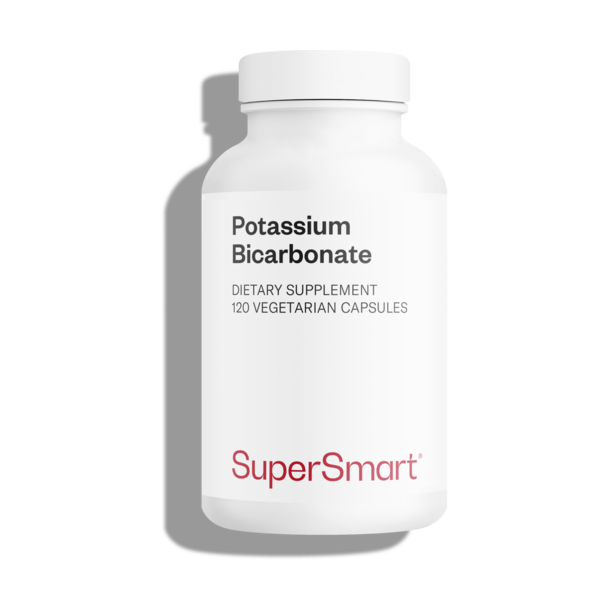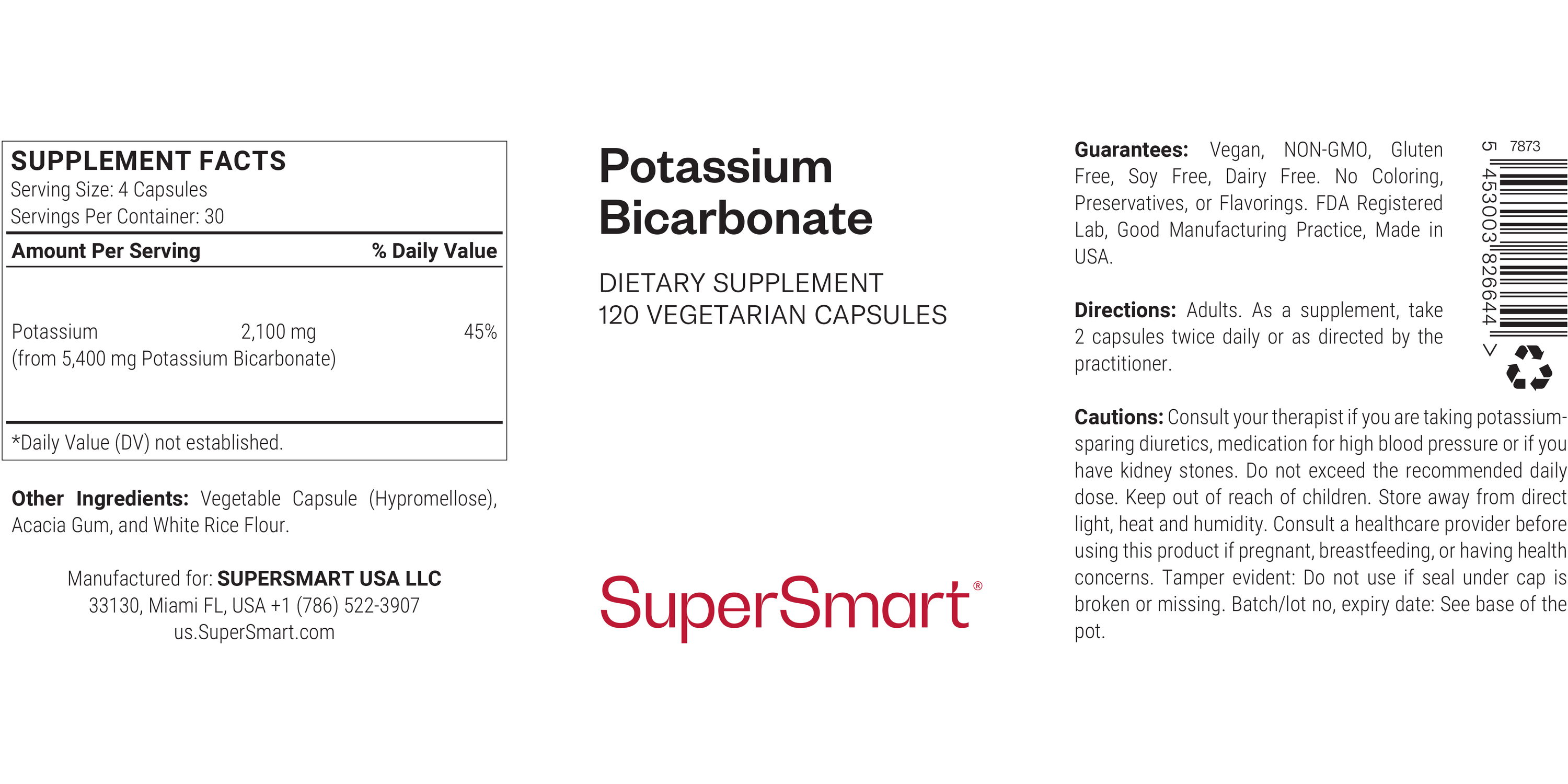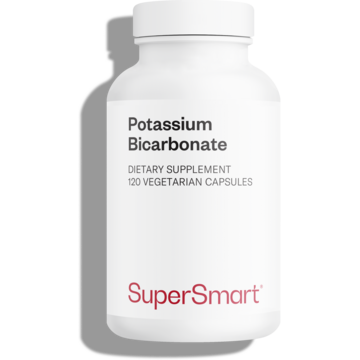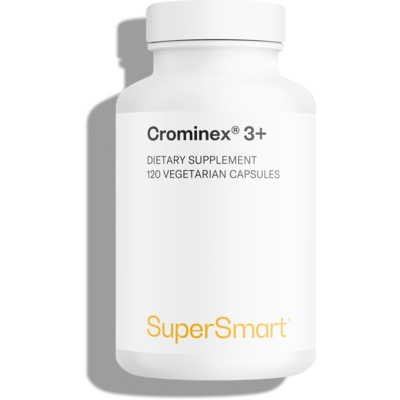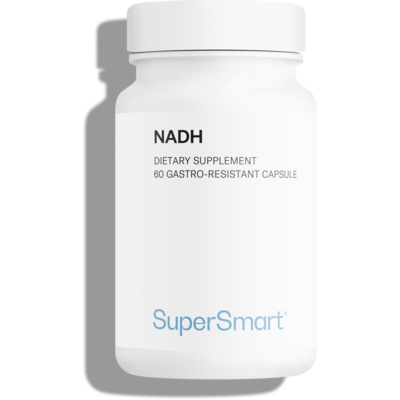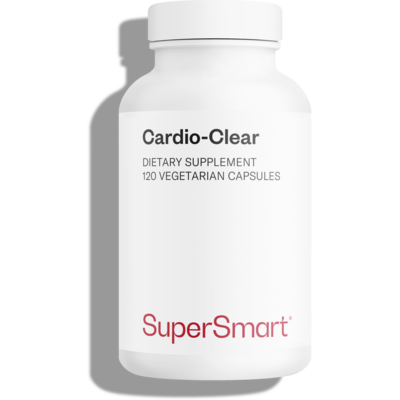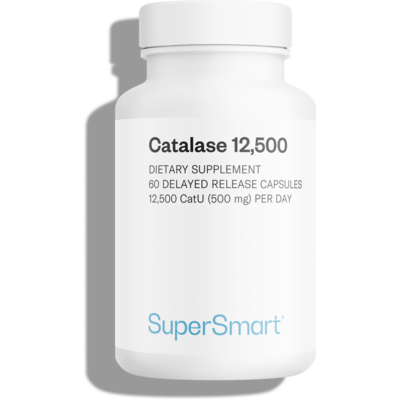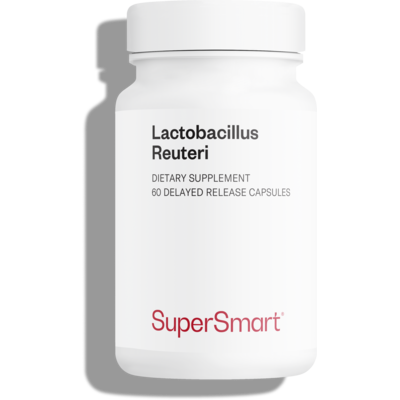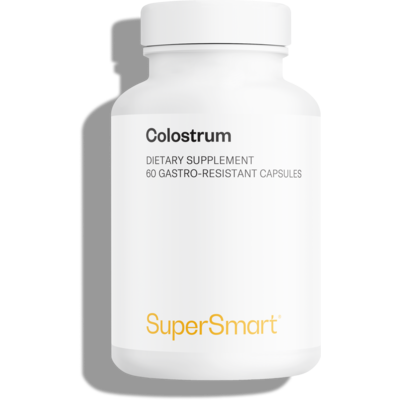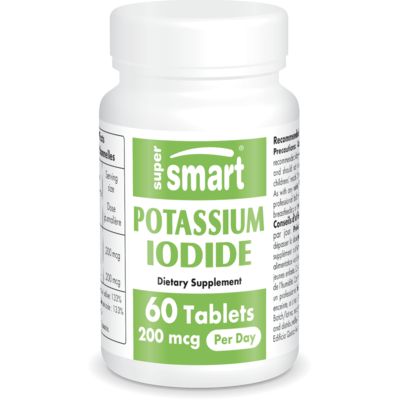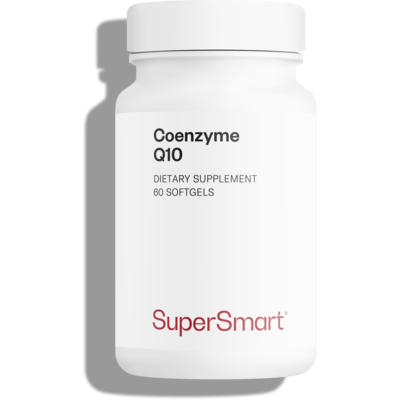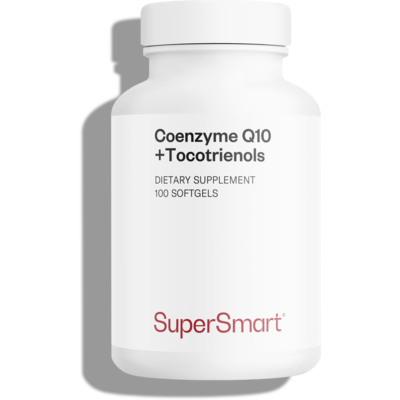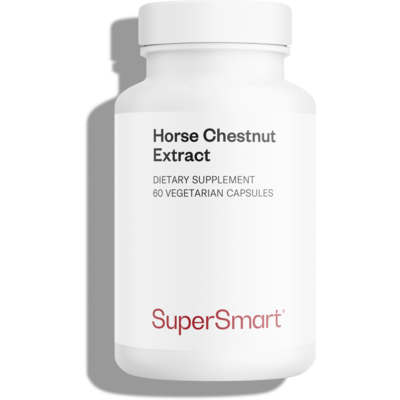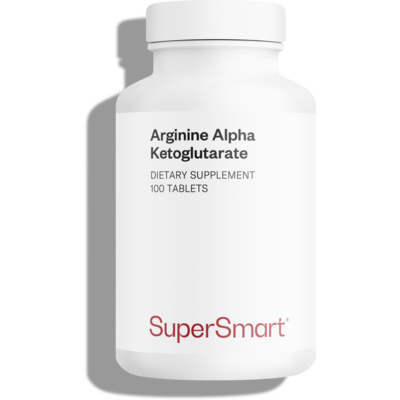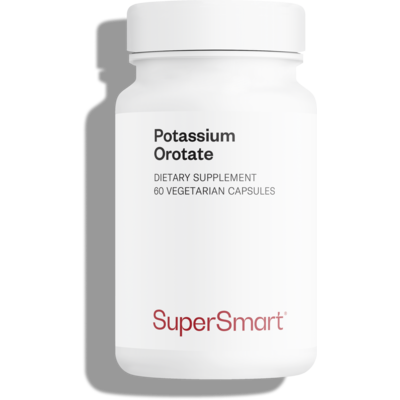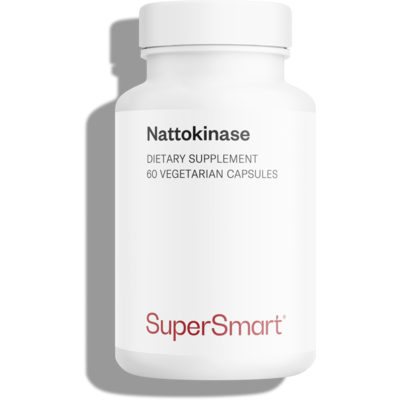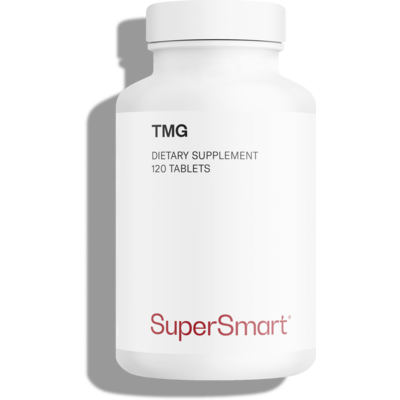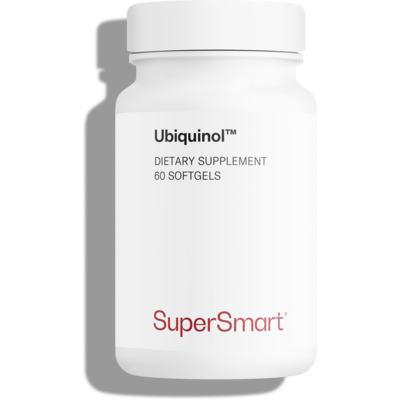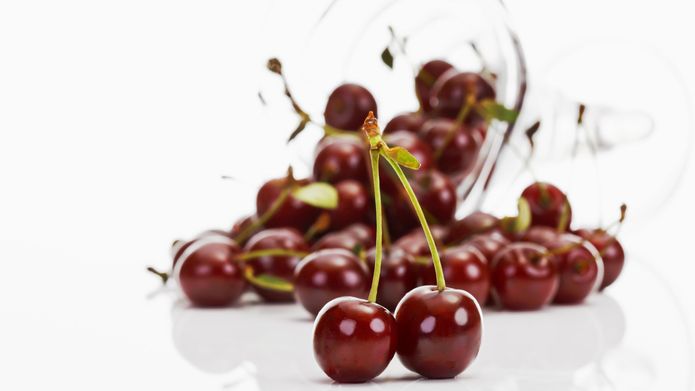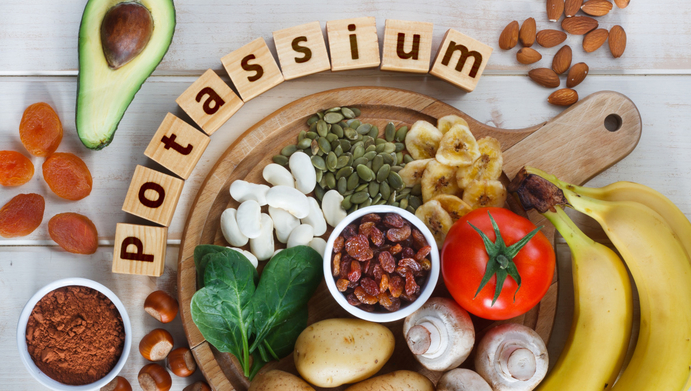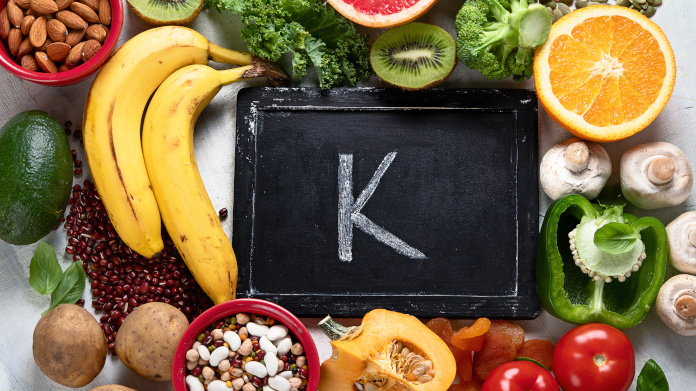In Stock
Potassium Bicarbonate
Potassium Bicarbonate Supplement to Support pH Balance and Overall Wellness *
Create Your Offer
Our Potassium Bicarbonate 5400 mg supplement is thoughtfully formulated to help support your body’s natural electrolyte and acid-base balance.* It may also play a role in maintaining overall wellness, including areas like bones and kidneys.* Our Potassium Bicarbonate supplement dissolves easily in water or your favorite beverage, offering a simple and flexible way to incorporate it into your routine.*
Concentrated Potassium Bicarbonate Supplement*
Each capsule delivers 1,350 mg of potassium bicarbonate. When taken as suggested — two vegetarian capsules, twice daily — this provides a total of 5,400 mg per day.* This formula offers a concentrated source of potassium bicarbonate.*
What is Potassium Bicarbonate?
Potassium bicarbonate, also known as potassium hydrogen carbonate (KHCO₃), provides a source of potassium ions (K⁺), which play a role in many physiological processes.* It has been studied for its potential to help maintain normal pH balance and support aspects of bone and metabolic health.*
Potassium is an essential mineral that must be obtained through the diet, as the body does not produce it on its own.* Natural sources of potassium include a variety of fruits and vegetables, such as spinach, squash, and bananas.*
Potassium bicarbonate may differ from other common forms of potassium, such as potassium aspartate, potassium chloride, potassium carbonate, potassium gluconate, Potassium Orotate, or Potassium Iodide.* While each form may offer its own set of characteristics, potassium in general plays an important role in supporting overall health and balance in the body.*
What Potassium Bicarbonate May Help Support*
Potassium may play a role in supporting physiological functions in the body:*
- Some early research suggests that potassium intake might be associated with the maintenance of normal cognitive function in older adults.*
- A daily intake of 2,000 mg, divided between meals, may gently support general wellness, including aspects of bone, muscle, and kidney function, in individuals with balanced levels.*
- Preliminary findings indicate that potassium bicarbonate may play a role in supporting bone metabolism and calcium balance.*
- The Intersalt study, which included participants from various countries, observed a potential relationship between potassium consumption and healthy circulatory function.*
How Does Potassium Bicarbonate Work?*
Potassium bicarbonate is thought to work by gently supporting the body’s natural mechanisms for maintaining a balanced internal environment.* Once consumed, it may separate into potassium and bicarbonate ions, which could play a role in helping the body manage its normal pH and acid-base balance.* It does not introduce additional sodium, making it a potential option for those mindful of their sodium intake.*
Possible Potassium Bicarbonate Uses*
Potassium bicarbonate may gently contribute to the body’s natural pH balance by releasing bicarbonate ions.* This process might play a role in supporting normal calcium levels, which are important for maintaining bone structure and overall wellness.*
Potassium bicarbonate may offer supportive effects for muscle function over time and may also help maintain kidney wellness by contributing to electrolyte balance, which could play a role in how the body manages uric acid.*
Potassium bicarbonate is available in various formats, including capsules, tablets, and powders, and may offer a convenient option for individuals looking to support their daily potassium intake and maintain electrolyte balance.*
Potassium Bicarbonate Supplement Recommendations*
Potassium bicarbonate is often included in food and dietary supplements and is generally recognized as safe (GRAS) when used as intended.* As with many supplements, individual experiences may vary.* Selecting a product made with quality standards in mind may help support a consistent intake.*
Recommended Dosage of Potassium Bicarbonate Capsules*
Each capsule of Potassium Bicarbonate 120 Vegetarian Capsules contains 1,350 mg of potassium bicarbonate. Adults are recommended to take 2 vegetarian capsules twice a day, or as directed by a healthcare professional.
Iit is advised to follow the suggested use and speak with a healthcare professional if you have any questions.*
Potential Considerations for Potassium Bicarbonate*
Before introducing any new supplement, it may be beneficial to learn more about it and speak with your healthcare provider to help determine whether potassium bicarbonate aligns with your wellness needs.*
As with any dietary supplement, it’s a good idea to consult a healthcare provider before use, especially if you are pregnant, nursing, or have any health-related concerns.*
Considering a Potassium Bicarbonate Supplement?*
Potassium bicarbonate is not always easy to obtain in meaningful amounts through diet alone.* For those looking to complement their routine, supplement formats such as capsules, tablets, powders, or liquids may offer a practical option.*
SuperSmart offers potassium bicarbonate capsules formulated with quality and care.* These may provide a convenient way to help support your daily wellness routine and contribute to maintaining electrolyte balance.*
WARNINGS
Do not exceed the recommended daily dose. This product is a nutritional supplement and should not be used as a substitute for a varied and balanced diet or a healthy lifestyle.
STORAGE
Store in a cool, dry place away from direct sunlight, heat, and humidity. Keep out of reach of children.
PREGNANCY AND MEDICAL CONDITIONS
If you are pregnant, breastfeeding, or have any medical conditions, consult your healthcare provider before using this product.
SUPPLEMENT INTERACTIONS
Consult your healthcare provider before use, especially if you are taking any medications or other supplements as there may be potential interactions.
august 31 2025
Seams to help the afib
may 25 2025
Great product
may 6 2025
The product is a good value and it did help get my potassium back to the normal range blood test verified.
april 12 2024
My Dr is happy with this product
april 9 2024
exploded when i opened the seal
Need Help?
Phone Number
+1 (786) 522-3907
From 9 am to 6 pm (EST)
Email Address
You May Also Like

